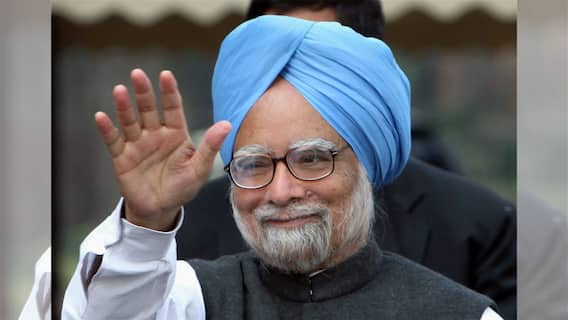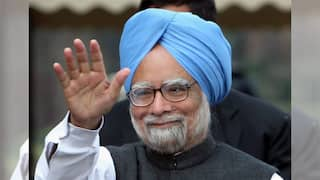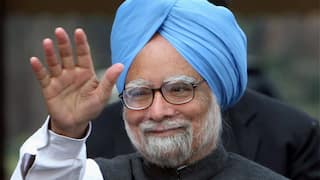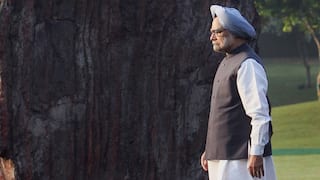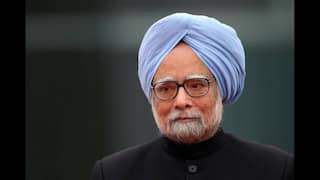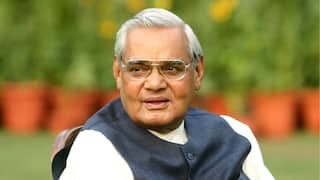HUL Q2 Result: Net Profit Falls 2.4% To Rs 2,591 Crore
The company reported a net profit of Rs 2,591 crore for the quarter ending September, reflecting a decline of 2.4 per cent. Meanwhile, underlying volume growth was recorded at 3 per cent

Hindustan Unilever (HUL), one of India’s leading fast-moving consumer goods (FMCG) companies, announced a decline in its consolidated net profit for the September quarter of the current fiscal year (FY25) on Wednesday in an exchange filing.
The company reported a net profit of Rs 2,591 crore for the quarter ending September, reflecting a decline of 2.4 per cent. Meanwhile, underlying volume growth was recorded at 3 per cent. In its earnings announcement, HUL noted that the previous quarter had benefitted from a one-time indirect tax credit linked to the favourable resolution of past litigation, which significantly enhanced both revenue and profit in the beauty and wellbeing segment. Excluding this factor, profit after tax (PAT) before exceptional items showed a modest growth of 2 per cent.
The FMCG giant reported a year-on-year (YoY) revenue increase of 1.9 per cent, reaching Rs 15,926 crore.
“In the September quarter, FMCG demand witnessed moderating growth in urban markets while rural areas continued to recover gradually. In this context, we delivered a competitive and profitable performance,” Rohit Jawa, managing director and chief executive officer at HUL, was quoted as saying in the company’s earnings release.
“We continued to execute on our strategic priorities of transforming our portfolio while generating healthy EBITDA margin and cash flows, providing attractive returns to our shareholders,” Jawa added.
The company's profit before interest, depreciation, and tax (PBIDT) rose by 0.7 per cent in the July-September quarter, totalling Rs 4,006 crore. On a sequential basis, HUL's revenue increased by 1.4 per cent, while its net profit saw a slight decline of 0.7 per cent.
“We remain watchful of the gradual recovery in consumer demand while creating sustained competitive advantage through our business fundamentals: investing behind our aspirational brands, scaling market-making innovations, and maintaining operational rigour,” remarked Jawa.
Also Read : Ratan Tata's Final Chapter: How His Last Venture Is Transforming Pet Care In Mumbai
Trending News
Top Headlines






